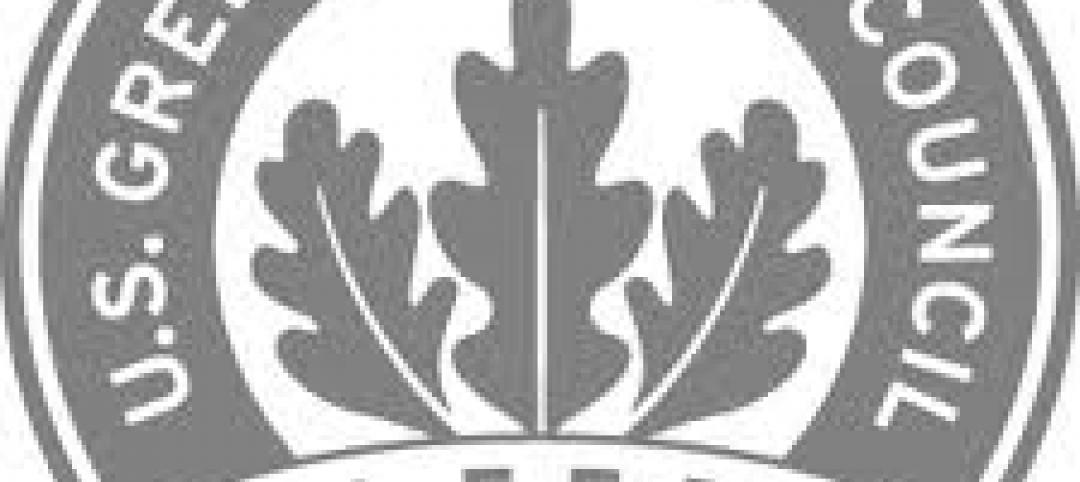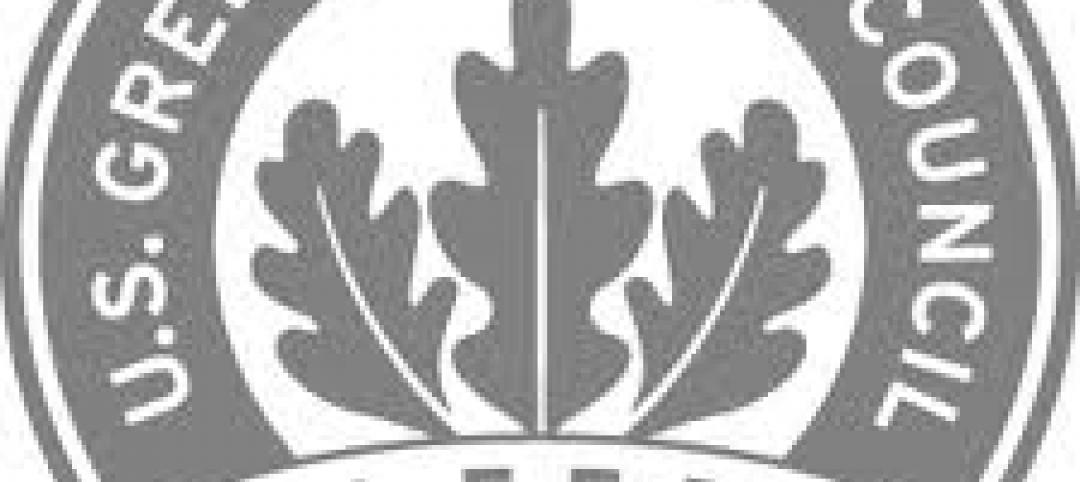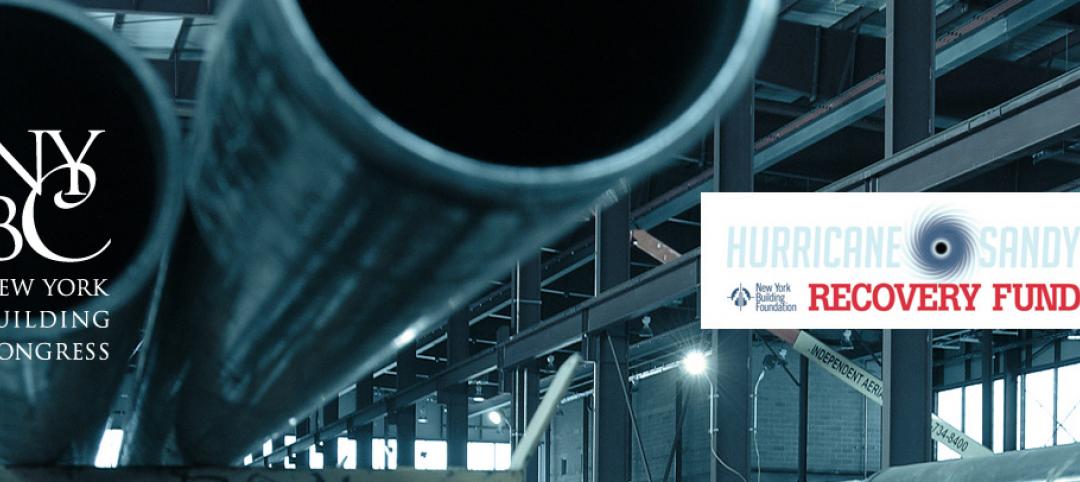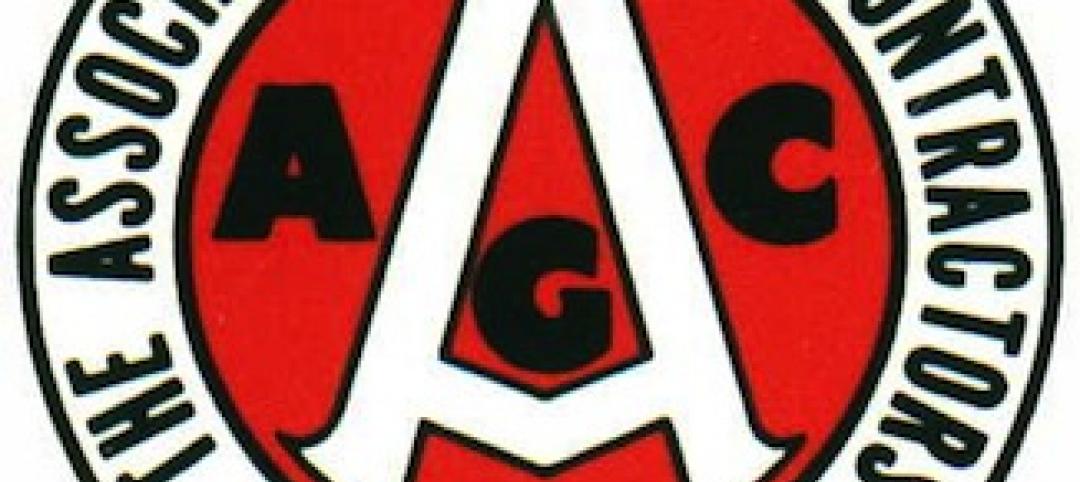A new Senate bill includes $10 billion for cities that are considering removing urban freeways that could undo damage these projects inflicted on vulnerable communities decades ago.
Critics say these urban highway projects, often including sections of elevated roadways, were forced upon neighborhoods that lacked political clout during construction of the Interstate Highway System. Many of these roadway projects razed swaths of downtowns and waterfronts often inhabited by minority and low-income people.
The bill provides $10 billion to potentially alter or remove these roadways. It would also help pay for plans to redevelop strips of land reclaimed from their removal.
The concept was demonstrated when San Francisco’s Embarcadero Freeway was removed in 1991 after heavy damage resulting from a 1989 earthquake. That project freed 100 acres of waterfront property for development. Another more recent example is in Rochester, New York, where a segment of a sunken expressway that encircles the city’s downtown was removed, and the city is now considering removal of the rest of the loop.
Related Stories
| Dec 7, 2012
Georgia court limits contractors’ ability to foreclose on liens
The Georgia Court of Appeals ruled in 182 Tenth, LLC v. Manhattan Construction Company that lien claimants such as contractors, subcontractors, and materialmen, may not foreclose on a lien that includes unpaid general condition costs.
| Dec 7, 2012
San Francisco real estate records will include ‘green labels’
Ecologically-sustainable building practices, or “green labels,” will now be included on official land records maintained by San Francisco.
| Dec 7, 2012
Tokyo’s Green Building Program has reduced power consumption by 20%
Tokyo city officials calculate that its Green Building Program reduced energy consumption by 20% since its inception, a statistic they identify as the reason the power stayed on during the 2011 earthquake.
| Dec 7, 2012
New flexible options make achieving LEED certification easier on projects outside the US
A new set of Global Alternative Compliance Paths, or Global ACPs, are now available for all commercial projects pursuing LEED green building certification using the 2009 versions of the rating systems.
| Nov 29, 2012
New York contractors say they will pay tax despite a court ruling that the tax is unconstitutional
The New York Building Congress says it will voluntarily pay a tax declared unconstitutional by the courts because, it says, the money is vital to maintaining the city’s transportation infrastructure.
| Nov 29, 2012
Storms like Sandy highlight the need for stricter codes, says insurance expert
Experts on insurance, weather, and catastrophe modeling say the role of climate change in Hurricane Sandy and future storms is unclear.
| Nov 29, 2012
Quake simulation to test concrete building's strength in California
Researchers aim to gauge how buildings constructed with reinforced concrete withstand an earthquake by conducting a simulation test at a two-story building built in the 1920s in El Centro, Calif.
| Nov 29, 2012
AGC offers stormwater compliance webinar
An effective document management system is necessary to stay in compliance with new and forthcoming stormwater runoff requirements, says the Associated General Contractors of America.















